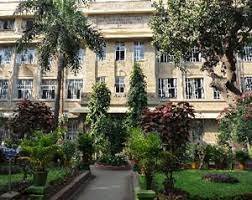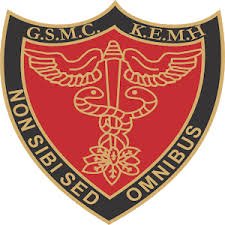Unlock diverse career opportunities with MD Hematopathology - Contribute to specialized patient care in hematological pathology settings.
Career & Job Opportunities after MD Hematopathology
MD in Hematopathology is a specialized postgraduate medical program that focuses on the study and diagnosis of diseases related to blood cells and tissues. Professionals with this degree, known as Hematopathologists, play a crucial role in the diagnosis and treatment of various hematological disorders.
Career Opportunities in MD Hematopathology
1. Hematopathologist:
• Hematopathologists are specialized physicians who diagnose and study diseases related to blood, bone marrow, and lymph nodes. They play a crucial role in the accurate diagnosis and management of hematological conditions.
2. Academic and Research Roles:
• MD Hematopathology graduates can pursue careers in academic institutions as faculty members, where they teach and conduct research in the field of hematopathology.
3. Clinical Laboratories and Pathology Departments:
• Work in clinical laboratories and pathology departments of hospitals, where they analyze blood samples, bone marrow aspirates, and tissue samples to diagnose and monitor hematological disorders.
4. Hematology-Oncology Departments:
• Collaborate with hematologists and oncologists in hospitals and cancer centers to provide accurate diagnostic services for patients with hematological malignancies.
5. Research Institutions:
• Engage in research related to hematological disorders, contributing to advancements in diagnostic techniques and treatment modalities.
Job Opportunities in MD Hematopathology
Professionals with an MD in Hematopathology have diverse employment prospects:
1. Clinical Laboratories:
• Work in clinical laboratories that specialize in hematological diagnostics, providing accurate and timely results for patients with blood-related disorders.
2. Hospitals and Medical Centers:
• Contribute to hospital pathology departments, collaborating with multidisciplinary teams to provide accurate diagnoses for patients with hematological conditions.
3. Academic Institutions:
• Serve as faculty members in medical colleges and universities, teaching hematopathology to aspiring pathologists and medical students.
4. Hematology-Oncology Clinics:
• Work in specialized clinics and centers that focus on the diagnosis and treatment of hematological malignancies, providing essential diagnostic services.
5. Research and Development:
• Engage in research institutions or pharmaceutical companies, contributing to the development of new diagnostic techniques and treatments for hematological disorders.
 3 Years
3 Years
 Post Graduate
Post Graduate
 Medical
Medical
 Full Time
Full Time



 back
back

